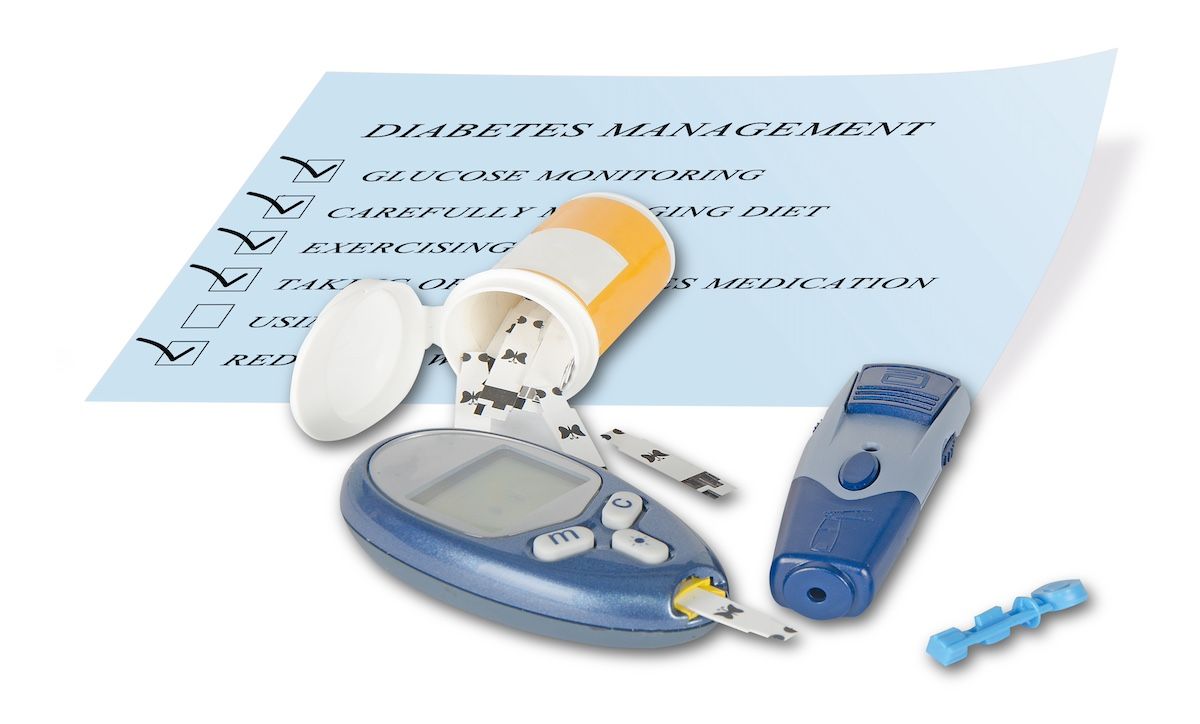- Center on Health Equity & Access
- Clinical
- Health Care Cost
- Health Care Delivery
- Insurance
- Policy
- Technology
- Value-Based Care
Goal Achievement in T1D Management Boosts Self-Efficacy, Self-Care Among Emerging Adults
Findings from the FAMS-T1D study demonstrate that structured goal-setting and achievement significantly enhance self-efficacy and self-care in emerging adults who have type 1 diabetes (T1D).
Findings from a new study from the University of Utah demonstrates significant improvements in self-efficacy and self-care among emerging adults (EAs) managing type 1 diabetes (T1D) through a structured goal-setting intervention. The FAMS (Family/friend Activation to Motivate Self-care)-T1D (FAMS-T1D) program, focusing on tailored coaching and daily support, shows promising results in empowering young adults during the critical transition to independent diabetes management.
The research, published in Frontiers in Clinical Diabetes and Healthcare,1 specifically targets the transitional phase of emerging adulthood, a period marked by significant changes in social and personal responsibilities that can complicate chronic disease management. Study participants reported achieving their daily management goals on 79% of the days, which significantly correlated with improvements in self-efficacy and self-care measures.
The 3-month feasibility trial enrolled 29 EAs aged 18 to 24 years (median age, 21.6 years) with a diagnosis of T1D and who have been using insulin for at least 1 year. The study utilized the FAMS-T1D intervention, which is adapted from a previously successful program designed for type 2 diabetes.2 It involves a combination of monthly coaching and daily text messaging support to foster robust self-management skills through goal-setting and achievement.
This study enrolled 29 emerging adults aged 18 to 24 years with a diagnosis of T1D and who have been using insulin for at least 1 year | Image Credit: dmitry- stock.adobe.com

The FAMS-T1D intervention consists of 3 components:
- Monthly coaching to set SMART (specific, measurable, actionable, realistic, and time-bound) diabetes management goals and development of skills to facilitate family or friend involvement in reaching goals
- Both 1-way and interactive text messages tailored to an individual's set goal
- An option to invite a friend or family member as a support person (SP) who received text messages to increase their support for the person with diabetes
It's noted that although the involvement of a SP was optional, most participants elected to include SPs.
Session 1 included goal setting and education on the role of others in diabetes self-management. The EAs were guided to set personalized food or blood glucose management goals, and subsequent sessions involved discussing the progress of goals and an opportunity to adjust or change them, followed by coach-directed skill building to enhance social regulation. Food goals were most frequent across all sessions, followed by blood glucose management goals, although goals involved a mixture of complex and changing behaviors throughout the intervention. Despite frequent adjustments to goal complexity, the high goal achievement rate remained constant.
The authors added, "The lack of relationship between goal change or goal complexity and goal achievement suggests that EAs can alter their goals to increasingly take on the complexity of diabetes management with the assistance of a coach and text support."
The study found that goal achievement was associated with increased confidence and higher self-efficacy and self-care. Interestingly, the study found no significant impact of goal achievement on reducing diabetes distress or lowering hemoglobin A1C levels.
"The results have implications for clinical practice. Integrating tracking of goal progress into clinical practice (eg, through diabetes educator sessions or electronic health records) could assist EAs to maintain goal pursuit for diabetes management. Helping EAs anticipate times of uncertainty (busy times at work, vacations) characteristic of emerging adulthood may be crucial to maintaining goal pursuit," concluded the authors.
References
1. Berg CA, Mansfield JH, Boggess SB, et al. Goal change and goal achievement for emerging adults across the pilot FAMS-T1D intervention for type 1 diabetes. Front Clin Diabetes Healthc. 2024:5:1297422. doi:10.3389/fcdhc.2024.1297422
2. Mayberry LS, Berg CA, Greevy RA, et al. Mixed-methods randomized evaluation of FAMS: a mobile phone-delivered intervention to improve family/friend involvement in adults’ type 2 diabetes self- care. Ann Behav Med. 2021;55(2):165-178. doi:10.1093/abm/kaaa041
Quality of Life: The Pending Outcome in Idiopathic Pulmonary Fibrosis
February 6th 2026Because evidence gaps in idiopathic pulmonary fibrosis research hinder demonstration of antifibrotic therapies’ impact on patient quality of life (QOL), integrating validated health-related QOL measures into trials is urgently needed.
Read More
